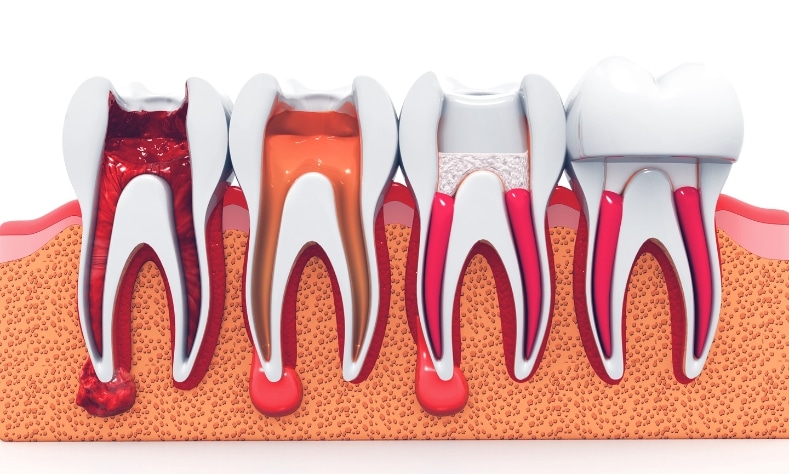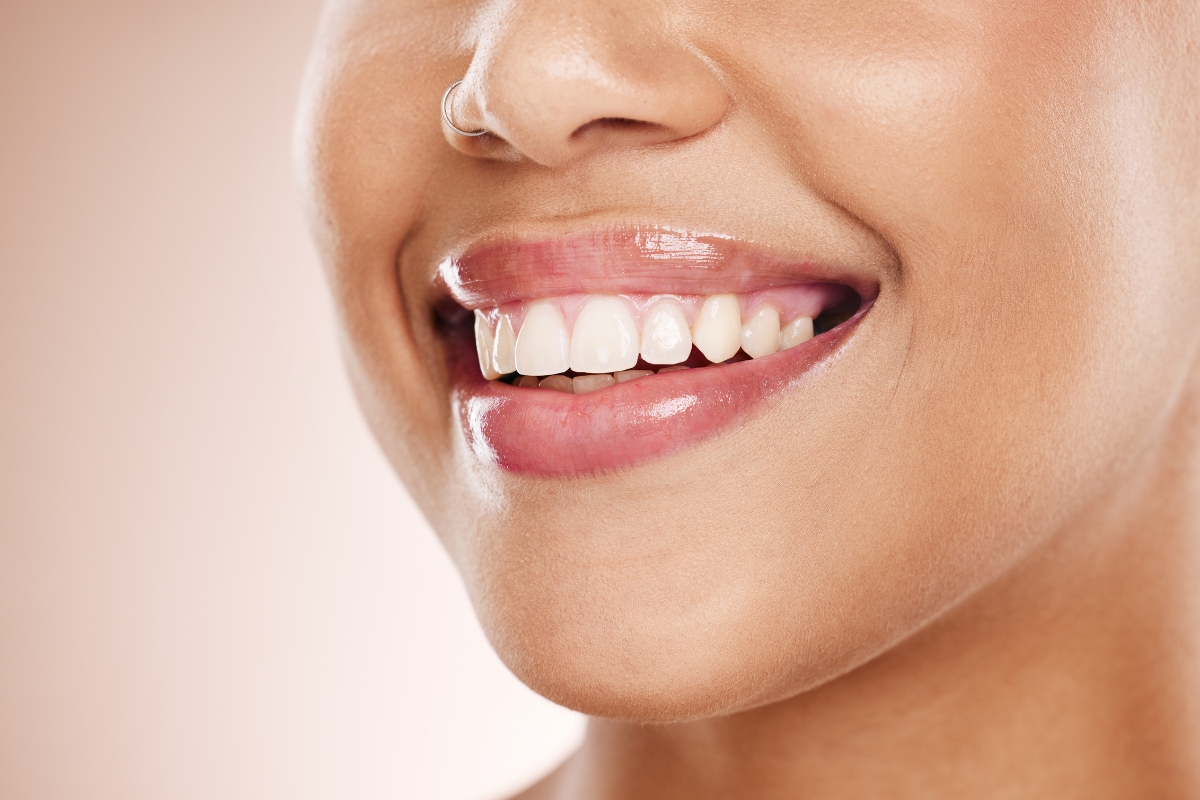Root Canal Aftercare: Tips For A Smooth Recovery

Many people avoid root canal treatment due to fear. Are you also scared about this particular dental restorative procedure? Well, don’t be, as dentists use modern sedatives; patient comfort is always their priority. Do you know this treatment can save your natural tooth when other treatments fail and eliminate pain? Just like it is essential to carry out the procedures correctly, aftercare is equally important. Dentists can conduct the procedure and guide you through the aftercare routine, but you still need to follow it for a successful recovery. Discover how to accelerate healing and minimize complications after root canals in this informative blog.
Manage Pain And Discomfort Effectively
Minimal pain, sensitivity, and discomfort after a root canal is quite common among patients. Don’t worry, as your dentist will provide you with the necessary painkillers to manage pain. However, the discomfort generally subsides within a few days. Swelling and soreness are other problems that you may encounter. The best way to deal with it is to apply cold compression for 10-15 minutes outside your cheeks. Avoid consuming spicy and extremely hot food for the first few days after the procedure. Rest is highly essential for quick and effective recovery, especially for the first 24 hours.
Watch What You Eat?
Root canal treatment typically requires multiple sessions for completion; therefore, temporary fillings and crowns may be used in between sessions. Avoid chewing on that side to avoid irritation and damage until the process is completed. Try to focus on relying on soft and semisolid foods. Mashed potatoes, yogurt, soups, smoothies, and scrambled eggs are ideal to consume during this phase. Ensure to avoid hard, sticky, and crunchy foods to prevent any risk of cracks. Sugary foods and drinks promote infections; nothing better than avoiding them.
Keep Up With Oral Hygiene
Reinfection is a significant problem after receiving root canals; maintaining good oral hygiene helps prevent such infections. So, how to maintain good oral hygiene at all times? Brush your teeth twice a day using soft-bristled toothbrushes. You should not forget about flossing. Just be gentle near the treated site. Using an antibacterial mouthwash in addition is even better. Cleaning dosen’t mean poking the treated site, which is a nasty habit and commonly found among several people. Last but not least, rinsing your mouth after meals can be another effective way to keep your mouth clean and fresh.
Don’t Skip Follow-Up Appointments
A common mistake patients make is not returning to the dentist for their follow-up visit. After a root canal, your dentist will typically schedule a second appointment to place a permanent crown or filling. This step is critical for protecting the tooth and preventing reinfection. Delaying or skipping this visit can leave your tooth vulnerable to cracking or re-infection with bacteria.
Know the Warning Signs of Complications
While most root canal recoveries are smooth, complications can occasionally occur. Knowing what to look out for can help you get prompt care if needed. Contact your dentist if you experience persistent pain, even after several days. You should also be attentive to whether you have swelling in your gums or face. Professional assistance is also necessary if a noticeable abscess develops near the treated site. Fever, infections, and broken fillings are the other symptoms that require professional intervention. Quick actions always help to prevent further damage.
Follow Your Dentist’s Instructions to Heal Quickly After Root Canals
Recovering from a root canal doesn’t have to be difficult. By managing pain, eating wisely, maintaining good oral hygiene, attending follow-up visits, and being vigilant for signs of trouble, you can enjoy a quick and smooth recovery. Proper aftercare ensures your treated tooth stays healthy and functional for years to come.
Recent Posts

How Age Impacts Your Cosmetic Dentistry Options

What Happens If You Ignore a Broken or Cracked Tooth?

Can Teens Get Invisalign? What Parents Should Know

What is the Fastest Way to Whiten Teeth Before a Wedding in Havertown?


